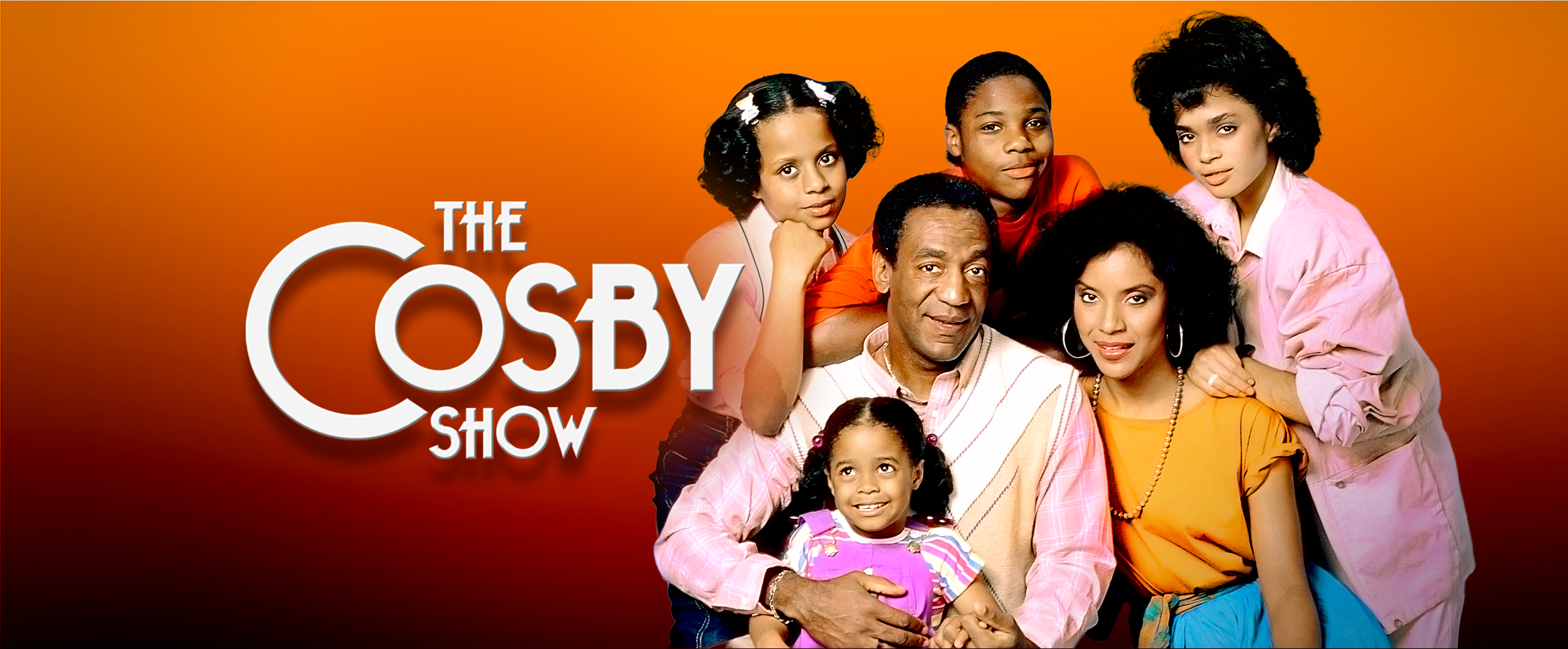
The Cosby Show is undoubtedly one of the most significant television shows of the 1980s, and it’s hard to overstate just how much impact it had on the world of entertainment. This show, which aired from 1984 to 1992, was a cultural phenomenon that not only reshaped how African American families were portrayed on television but also made television history in many other ways. For nearly a decade, audiences tuned in every week to see the hilarious and heartwarming escapades of the Huxtable family, led by Bill Cosby’s portrayal of Dr. Heathcliff Huxtable. But as we look back on this iconic sitcom, there’s a lot more to the story that hasn’t always been told—until now.
The Rise of The Cosby Show
When The Cosby Show first hit the airwaves, it was an immediate success, and it wasn’t just because of its star. Bill Cosby had already established himself as one of the biggest stars in America, thanks to his stand-up comedy and his groundbreaking 1983 comedy album. However, what set The Cosby Show apart from other family sitcoms was its portrayal of an African American family living in a prosperous, middle-class household. The Huxtables, despite being Black, were not portrayed as struggling or as stereotypical characters often seen in media during that era. This was a dramatic departure from the usual depictions of Black families in sitcoms of the time.
The show was revolutionary because it defied the racial stereotypes prevalent in American television. The Huxtables were a loving, successful, and well-educated family who lived in a beautiful home, had wonderful careers, and dealt with everyday family issues. It was not about poverty, crime, or drama—it was simply about love, humor, and familial bonds. The portrayal was a positive image for African Americans, something that had long been missing on television.
The Legacy of The Cosby Show
Not only was the show a critical and commercial success, but it also had an undeniable impact on the entertainment industry. It became one of the most-watched TV shows in the United States, with its final season being the highest-rated. The Cosby Show was praised for the way it dealt with important issues, such as relationships, family dynamics, and social problems, but in a way that was light-hearted and accessible.
But beyond the laughs and the classic moments, the show had a profound cultural impact. It made it clear that Black families could be as multi-dimensional, successful, and lovable as any white family on television. In fact, The Cosby Show opened the doors for more African American-led shows, like A Different World (a spin-off), The Fresh Prince of Bel-Air, and Family Matters.
This groundbreaking sitcom also played a huge role in elevating the sitcom genre itself, setting the stage for the ’90s family sitcoms that would continue to shape pop culture.
Controversies and the Hidden Truths
However, not everything about The Cosby Show is as pristine as it may seem. As we know today, Bill Cosby’s personal life became embroiled in one of the most shocking scandals in Hollywood history, forever tarnishing his image as America’s beloved father figure. But how did this dark turn affect the legacy of the show itself?
It’s hard to ignore that Cosby, despite being a comedic genius and a trailblazer for African American representation, was later convicted of multiple sexual assault charges. The news of these crimes has forever altered how fans view The Cosby Show. While the sitcom’s influence on television is undeniable, how do we reconcile the impact it had on shaping our cultural landscape with the undeniable truths about its star’s personal life?
Revisiting the Show: A Mixed Legacy
Even though The Cosby Show has been forever tainted by Cosby’s criminal actions, there’s no doubt that the show itself was a significant cultural achievement. It provided a blueprint for how African American families could be portrayed on television and proved that family-centric stories could transcend race. But as time goes on, and new generations discover the show, questions arise: can we still enjoy the classic sitcom in the same way knowing the history of its creator? Is it possible to separate the art from the artist?
While the show’s impact on television is undeniable, its place in the cultural pantheon is now complicated by the actions of the man who helped bring it to life. For fans, it’s a bittersweet realization: The Cosby Show will always hold a special place in TV history, but it’s now impossible to ignore the darker truths about the man who made it so iconic.
